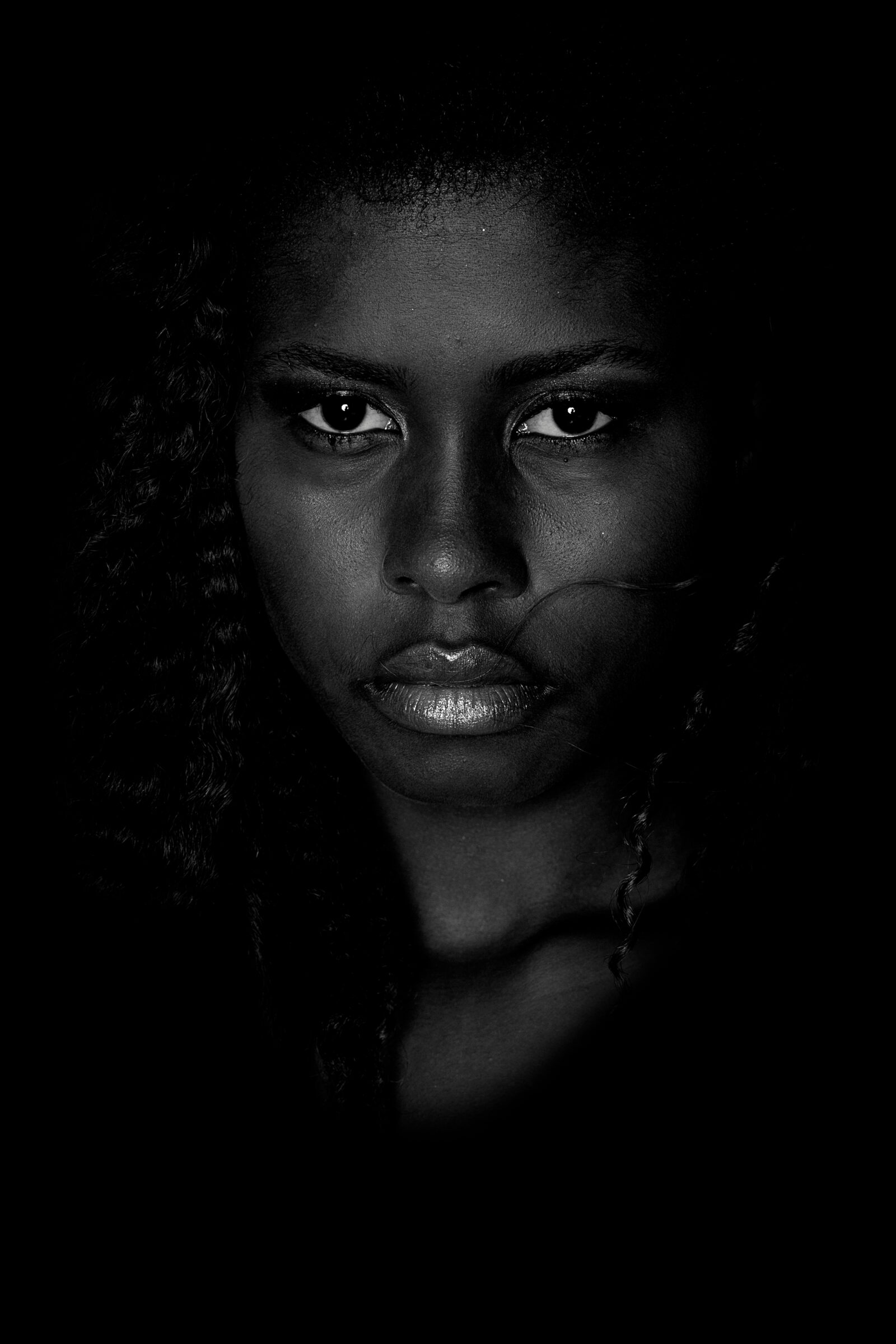I’ve always found it interesting that the months that celebrate two of my immutable traits were next to each other, and even more tickled that they followed grammatical rules when it comes to identifying them: Black (February) Woman (March). I love my blackness and my womanhood like I love curry goat and white rice on Sunday after church. Of course, there are things about both that I would like to “improve” upon, but overall, I love me, some me. I love Black women too, the way we move, speak, smell, nurture, fight, cry, laugh, dance, and cook. I love it all. I emphasize my love because I also recognize that parts of it is tainted. The parts that surround this taint is the inherent need to be “strong”.
The term “Strong Black Women” (SBW) is one that I have grown to dislike, and I’m slowly sliding toward detesting it. I have been culpable in using the term as a catch all compliment to my melaninnated sisters; not realizing that I was possibly, simultaneously dismissing the plight of one by reminding her to be strong and praising this supposed strength of another, when she clearly didn’t want to be. Over the years I have come to realize that being a Strong Black Woman is literally killing black women. It’s a slow death, one that starts with the erosion of the soul and joys of life. Turning many of us in the “angry black woman” or giving us the title of crazy. On the physical side, it makes us feel we are unworthy or undeserving of true self-care, and this can leave us physically ill. There are two things I really want to discuss: 1) there is more than one way to be strong and 2) you are not required to be strong all the time. These simple facts (yes, they are indeed facts) are much easier said than done, given the culture we live in. Historical context shows us that even though women in general were deemed as the “weaker sex” they were required to shoulder the majority of the emotional burden of not only themselves, but also the ones they loved, in silence. An example of this is infidelity. Historically, women are expected to not only accept the infidelity but pretend it never happened, even in the face of a love child that comes over from time to time. For black women, we are often forced to put our race before our gender as if there is anything a Caucasian person has done to a black woman, that a black person hasn’t done as well. The idea that we can separate the two is asinine at best, yet it is propagated as a fact that we (black women) willfully ignore.
Strong looks different for different people. However, whenever the term Strong Black Woman is used, it’s often used to depict a woman that is going through a terrible situation and appears unphased by it. Believe me when I tell you this…… she’s phased. She probably wants to cry and scream and throw a temper tantrum. She wants to question her deity, and everything else she believes in. She wants to sleep, or run away for a while, but she won’t; because that’s not what SBW do. We are supposed to persevere through any and all adversity at the expense of our own health and sanity. I cannot stress this enough, you are allowed to be vulnerable and still be a SBW. Your tears, and frustration are not a sign of weakness, they are signs of your humanity and yes, even strength. It’s not always easy to be vulnerable; to say, “hey, I need help.” or “hey, I am struggling.”. You are allowed to have bad days. You are allowed to grieve. You are allowed to not be there for someone in need, because you don’t have the mental or emotional capacity for it. Self-care could literally be, allowing your self to process your emotions and act accordingly. It is not selfish to take care of yourself. When all is said and done, you are no good to anyone if you aren’t taking care of yourself.
So, this month, I challenge you to just be a black woman and all that it entails. Sometimes, this means ignoring your emotions to get a job done. But it also means crying to your friend because being a mother is overwhelming. I challenge you to view your vulnerability as a strength and in so doing, change the way we view Strong Black women.

